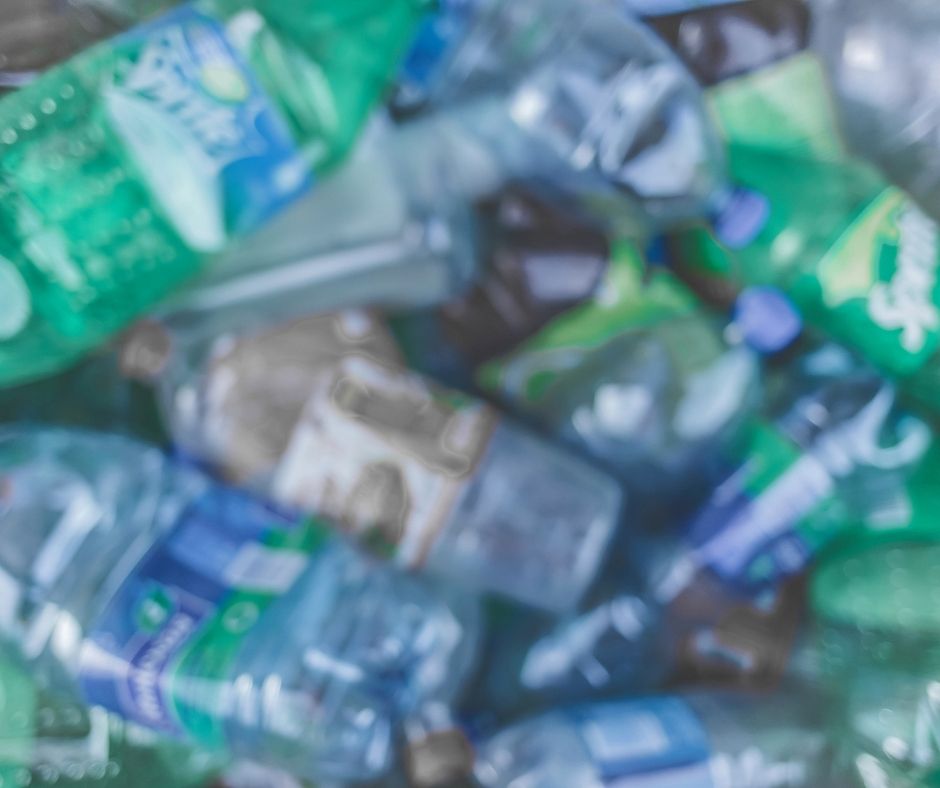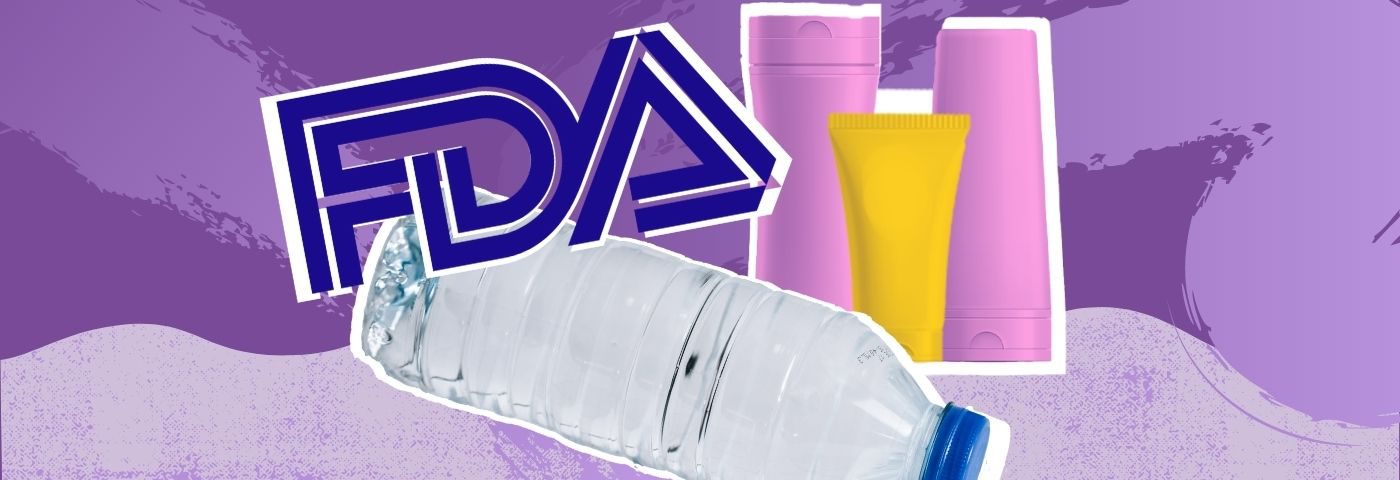Every month, Simon Pitman (Editor, Journalist) takes a look at what’s shaken up the industry. From acquisitions to launches and everything in-between, don’t miss the latest cosmetics news, only here at in-cosmetics Connect.
Unilever acquires Paula’s Choice

Unilever has confirmed that it is acquiring digital skincare brand Paula’s Choice from TA Associates, in a move that seeks to boost the brand’s international reach. The deal comes as Paula’s Choice has enjoyed a period of significant growth because their digital beauty and direct-to-consumer (DTC) e-commerce channels have flourished during the COVID-19 pandemic.
The brand is distributed through global DTC avenues and select retailers in North America, which is its mainstay market, as well as Europe and Asia.
“Paula’s Choice will join our Unilever Prestige family. Paula’s Choice is a pioneer in the digital space for beauty and has created a mission-based brand rooted in truth and transparency. We can’t wait to introduce the brand and its iconic products to an even bigger audience,” says Vasiliki Petrou, Unilever EVP and prestige CEO.
The brand was launched in 1995 and became popular thanks to its accessible, science-based and high-performing ingredients as well as its cruelty-free claims. However, in recent years it has built a firm foundation in the digital space, offering digital content and tools to help consumers decode the science behind skincare, including an extensive Ingredient Dictionary that includes research and clear explanations for more than 4,000 ingredients.
The brand has also built up a digital rapport with its customers by offering its Expert Advice service, which is a curated online hub of skincare and ingredient knowledge.
“Unilever and Paula’s Choice are joining forces. With Unilever, we can build on our work and vision spanning 26 years of creating products and giving people the self-confidence that comes from knowing they are taking the best possible care of their skin,” said Paula Begoun, founder of the brand.
Beierdsdorf develops new hub in Liepzig
Multinational beauty and personal care player Beiersdorf is creating a new European hub with a €170 million investment to build facilities in Leipzig, 100 miles Southwest of Berlin. The state-of-the-art hub will be located next to the company’s new €220 million production facility, serving as the conduit for the demands of the huge European consumer market.
Beiersdorf is a major player in the European market thanks to brands like Eucerin, La Prairie and Hansaplast, while it also has developed a significant international footprint presence thanks to the strong performance of its Nivea brand, which is the number one skincare brand in the world.
The €390 million project spend represents Beiersdorf’s largest-ever investment worldwide in a single location and will ultimately serve to enhance both production and research and development efficiencies by placing the two facilities next to one another.
The company is currently in the process of acquiring a neighbouring piece of land adjacent to the production facility in the Leipzig-Seehausen II industrial estate, where construction on the new hub will start once planning permission is granted by the Leipzig city council. The operation of the new hub will be entrusted to specialist service providers, which the company says will help to create a further 400 jobs, in addition to the 200 jobs created by the production centre.
“With the combination of the production site and hub, Beiersdorf wants to position itself optimally for consumer habits and retail landscapes of the future and to create the conditions for state-of-the-art supply chain infrastructure in the heart of Europe,” says Harald Emberger, Beiersdorf corporate senior vice president Supply Chain.
“The interplay between production and hub offers unique development opportunities in this context to offer our customers completely new solutions. We would be delighted to be able to implement this project in the city of Leipzig, an attractive location with a skilled workforce and a good investment environment.”
Multinationals accused of using false plastic waste solutions

Break Free From Plastics (BFFP) claims multinational FMCG giants, including some leading beauty and personal care players, are using false plastic waste solutions that do not tackle the root cause of plastic pollution.
The NGO says its research highlights how FMCG companies are highlighting projects that just scratch the surface of the environmental problem, often failing to tackle deeper
problems and prevent the cycle of manufacturing new plastic packaging that then goes to landfill waste. The report, titled ‘Missing the Mark: Unveiling False Solutions to the Plastics Crisis‘, highlights a lack of ambition to make permanent and meaningful changes to reduce plastic footprints.
“The only solution companies should be investing in are those that reduce plastics use and find alternative ways of delivering products without reliance on single-use packaging,” says Emma Priestly BFFP’s global corporate campaigns manager.
“Many FMCG companies are piloting reuse, but the ambition is mostly low and needs to be scaled up and made accessible to all.”
The report draws specific attention to Procter & Gamble, which ran a campaign to highlight its special edition Head & Shoulders bottle that was made from ocean pollution plastics sourced from local clean-ups. While the intentions for the project were good, the BFFP report points out how the clean up does not prevent plastic waste from happening in the first place, while also highlighting the fact that the vast majority of ocean waste plastics can never be recovered. “Beach clean-ups are mainly cosmetic, with more with more plastic waste being washed up onto the beach with each tide,” the report states.
Bill to update 80 year-old US cosmetics regulations
A new bill has been introduced in Washington DC that aims to update the 83-year-old law that governs the legislation of beauty and personal care products in the US. The Personal Care Products Safety Act has been introduced by senators Dianne Feinstein (D-Calif.) and Susan Collins (R-Maine) with the goal of updating the Food and Drug Administration’s oversight of beauty and personal care products, which many experts believe is largely self-regulating.
“We use personal care products every day, but most Americans don’t know the government lacks authority to ensure the safety of products we put on our bodies and hair,” said Senator Feinstein.
“What’s particularly striking is that when the FDA finds an unsafe product, it cannot force a company to stop selling it. Our bipartisan bill will finally bring the FDA into the 21st century by giving it authority to ensure personal care products are safe.”
The new rules will give the authorities greater powers to oversee the regulation of the beauty and personal care products, which to date have been relatively arbitrary. The FDA has traditionally sent out warning letters to companies not complying with the regulations, but this measure has not always proved effective.
The new bill will serve to update regulations, while also bringing them in line with international rules, particularly the more stringent rules employed by the European Union, through the REACH chemical regulations and rules governing beauty and personal care products in Japan.
The FDA and product safety experts are currently reviewing the toxic dosing of certain ingredients in BPC formulations. In some cases, these ingredients are completely outlawed by international regulatory authorities, particularly in the European Union, where the list of banned ingredients is extensive.
The new bill aims to empower the FDA to review ingredients contained in beauty and personal care products, as well as providing companies with clear guidance on ingredient safety, dosing levels and consumer warnings should they continue to choose to formulate with certain ingredients.
The bill has also been supported by academic institutions, BPC organizations, and beauty brands, including Burt’s Bees, Beautycounter, Au Naturale, L’Oréal USA, The Estée Lauder Companies, Procter & Gamble and the Environmental Working Group.
Ever considered using Snapchat as an e-commerce platform?
Find out more about how Mac Cosmetics are disrupting the digital market here.

